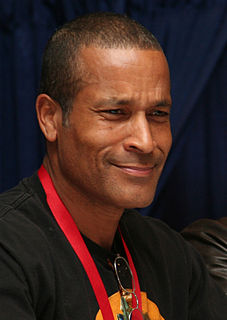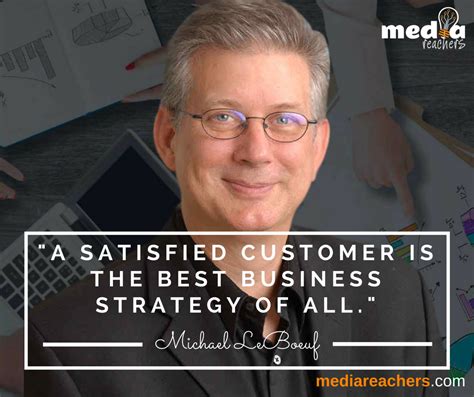A Quote by John Medina
Years of research show us that the less control a person feels over an aversive stimuli coming at them, the more likely they are to disengage. Complete loss of control over a sustained period of time can actually lead to depression. It then follows that giving the person a level of control over the situation reduce the stress - and perhaps restore the disengagement.
Related Quotes
It occurred to me that when a person chooses certain behaviors, they have complete, 100% control over their choices. But once the behavior is chosen, therein lies the extent of the effects of that choice. One has 0% control over what happens to them or to their body as a result of that choice. You can choose how you respond to the consequences, but control is relinquished. Choose carefully!
I define democracy as control by the people. Slaves are those who allow others to control their lives. Insofar as people succeed in solving their problems fairly and efficiently at a grassroots level, they retain control over their lives. Insofar as they delegate their problem solving to a higher authority, they lose control over their lives.
When you remain angry with another person, you give away your emotional control to that person each time you think of him or here. You allow him or her to control your emotions at long distance. By not forgiving, you allow that person to run your emotional life, exactly as if he or she were right there with you and the situation was occurring all over again.
My view is that those challenges will be easier to meet, those risks will be less if we vote to leave because we will have control of the economic levers; we will have control over money we send to the European Union. We will have control over our own laws, and as a result, we will be able to deal with whatever the world throws at us.
All of us live at the feeling level, and our feelings are in large part a result of the way we perceive things. You observe or are told something, you interpret it, and only then do you have a reaction at the feeling level. The point is that feeling is preceded by perception, and all of us are capable of controlling our interpretation [the associations and assumptions] of what we see. If we can control our interpretation, then it logically follows that we can exercise some control over our feelings as well.




































